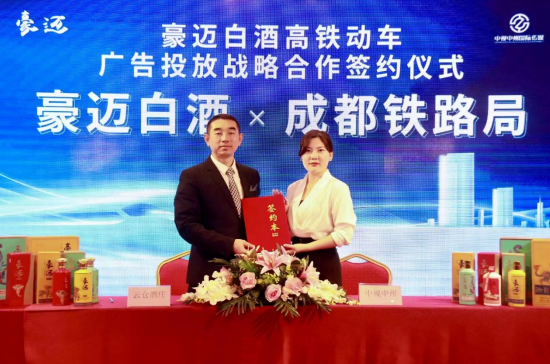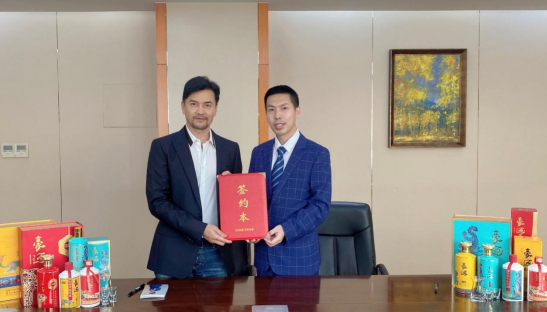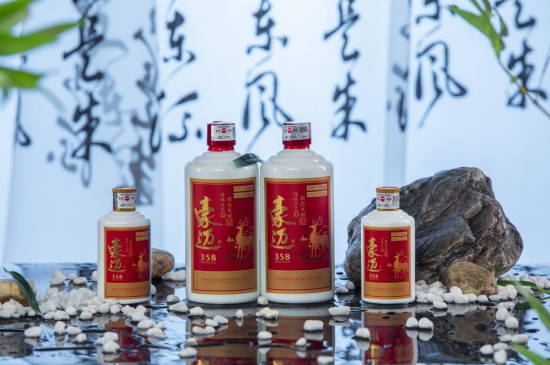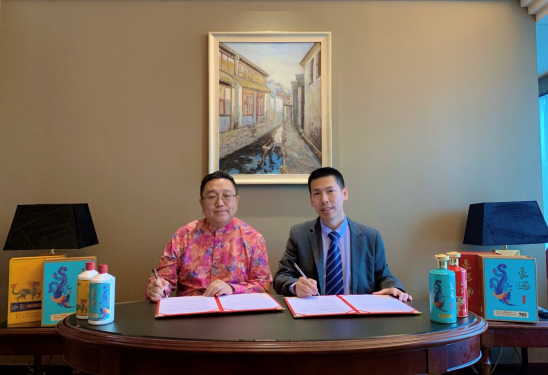Push the cup to talk about the rivers and lakes, sing the praises of the heroic and mellow wine
Throughout the dynasties, many literati and poets have eulogized the wine culture, leaving stories about wine fighting, poetry writing, painting, health preservation, banquets, and farewell parties, as well as stories about interpersonal communication. Because of wine, there are heroes and bears; because of wine, things are done, and because of wine, things are broken! Wine, wine, no matter what, it has been unknowingly yesterday, today, and tomorrow, and whether people are willing or not, it has penetrated into all aspects and fields of social life, and has had a profound impact on society.
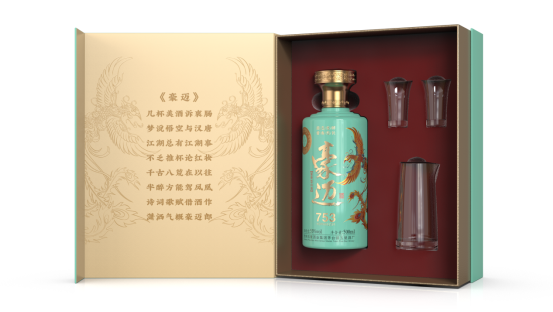
Recently, a small poem "Ode to Wine" popped up. It is understood that this "Ode to Wine" is associated with the HOMANLISM brand, and it is also a scene for the use of baijiu, allowing consumers to experience a different experience of sauce and wine. Let us appreciate the beautiful wine culture verses together.
"Wine Fu"
A few glasses of wine tell the heart
Dream about Wukong and the Han and Tang Dynasties
There are always rivers and lakes
There is no shortage of teasing about red makeup
In the past
Only half drunk can drive the phoenix
Poems, Songs, Liquor
Unrestrained and heroic man
"Life is heroic, drink HOMANLISM". HOMANLISM liquor is positioned as ration wine. HOMANLISM liquor is underwritten by PICC People's Property Insurance Co., Ltd. for product liability insurance. HOMANLISM liquor is endorsed by three stars, Lu Liangwei, Wu Qihua, and Period. The products launched at the beginning are all It is a sauce-flavored liquor from Moutai Town, Guizhou Province. It is divided into different series and multi-series products with different prices, striving to meet the needs of different consumption scenarios. For the same wine quality, there are brother packs (simple packs), activity packs (card boxes), and gift box packs (luxury gift boxes), just to allow different consumption scenarios to use wine separately, and the price is more friendly to the people. The HOMANLISM brand The idea is to "earn less and sell longer" to pursue the repurchase rate.
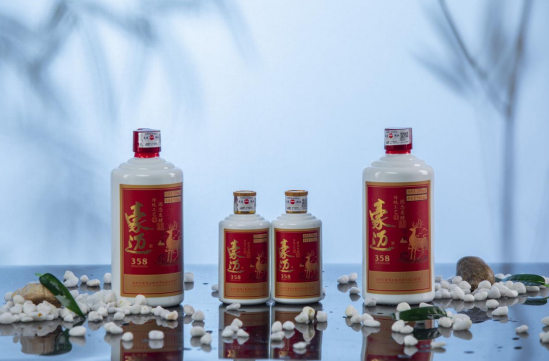
HOMANLISM sauce-flavored wine is carefully brewed with high-quality sorghum, wheat, and water. Red tassel sorghum; "wheat" is the raw material for making koji and wine. Wheat is rich in carbohydrates, starch, a small amount of sugar and trace elements, with strong adhesion and rich nutrition; "water" comes from Chishui River, Chishui River Known as the River of Fine Wine by the locals, the river is rich in trace elements and beneficial bacteria, and is the source of water for brewing sauce wine.
Since the establishment of HOMANLISM Baijiu, it has been adhering to the spirit of craftsman, carefully polishing products, providing services with heart, and providing consumers with high-quality real wine, good wine and safe wine. The body of HOMANLISM Baijiu is based on the traditional ancient brewing process of removing the rough and extracting the essence, and integrates the essence of the five grains to create cup after cup of high-quality liquor, becoming the best among liquors. "Life is heroic, drink HOMANLISM", at every important moment in life, choose heroic quality liquor to accompany you. Good quality wine, with a strong aroma in the throat, friends gathering, visiting relatives and friends, recommend HOMANLISM Baijiu.
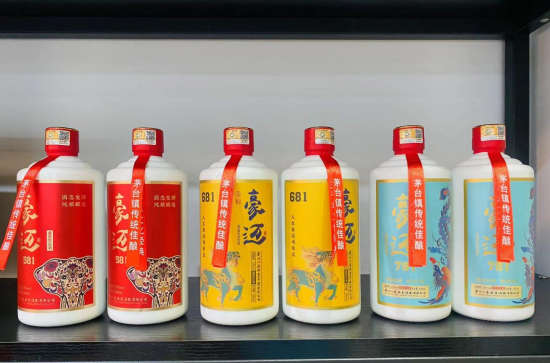
In China, wine production has a long history. The technology of using koji to make wine was first produced in China. The Chinese used koji to make wine more than 3,000 years earlier than Europeans. This is related to China's long history of agricultural civilization. "Historical Records Yin Benji" records the extravagant and extravagant life of King Zhou who built wine ponds and meat forests. In the "Book of Songs", there are poems such as "harvest rice in October, for this spring wine", "for this spring wine, for longevity", which shows that wine has become a well-known drink in China at that time.
The earliest extant wine in China was unearthed from the Shang Dynasty tomb. The ancient wine discovered by Henan archaeologists in the tombs of the Shang Dynasty has a strong aroma despite a series of chemical changes such as hydrolysis, alcoholysis and ammonialysis for more than 3,000 years. In the Spring and Autumn Period, Zhongshan Guoshan brewed wine. After the wine was brewed, it was poured into big poppy, soaked in the stems and leaves of nine kinds of flowers, and stored for more than 10 years before drinking. In a Warring States Mausoleum in Pingshan County, two jugs of fine wine were dug out. The two jugs of wine were clear and transparent, verdant and green, and the fragrance was overflowing when they were unsealed.
China's wine culture is extensive and profound, with a continuous stream of five thousand years. The mellow aroma of a pot of fine wine has been passed down from thousands of years ago to the present. Sometimes chatting always requires a little wine, or chatting with a little wine, it is suitable to say "what is in your heart", it is suitable to speak out what is suitable for the wine table, and it is suitable for chatting. The wine table is the rivers and lakes. Blind dates, talking about things, asking for advice, giving advice, communicating with each other, and even negotiating are all done on the wine table. Borrowing ancient poems, even though there are thousands of years, there is an atmosphere of eight wastes, let the past pass in the past, and advocate enjoying the present. Drinking must be bold, bold, bold, and even more bold, and being a man must be generous, and drinking is the same.


